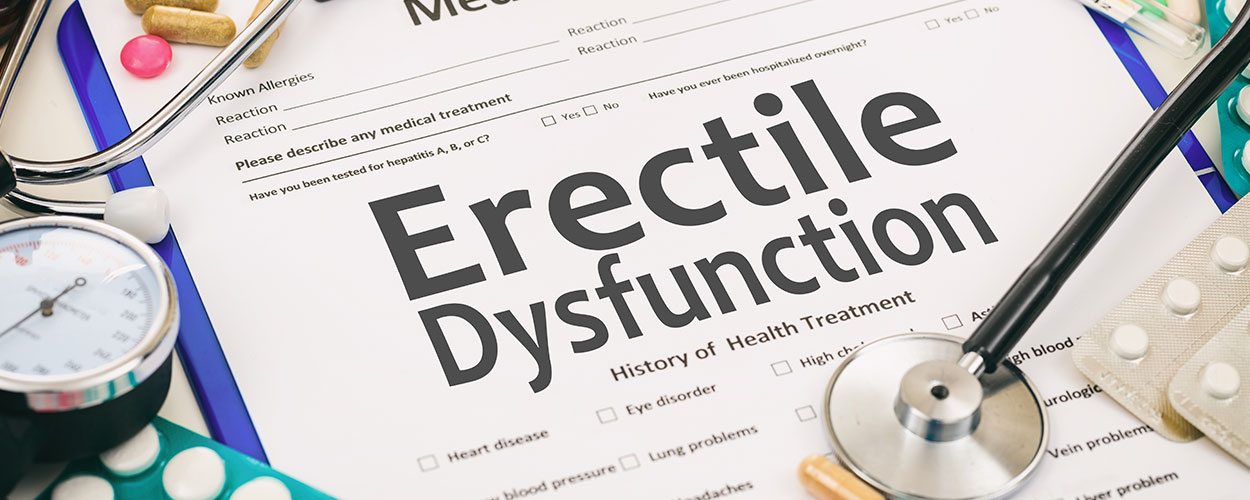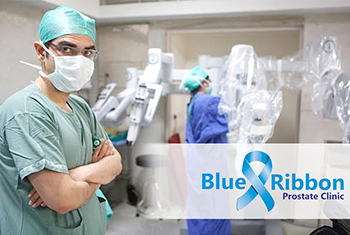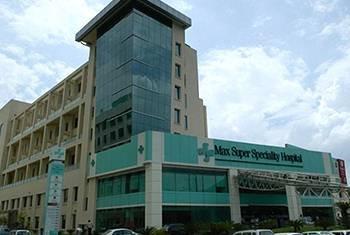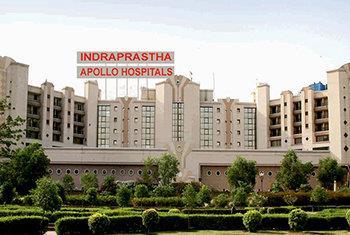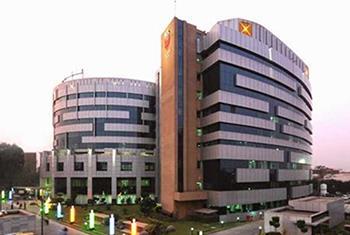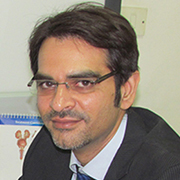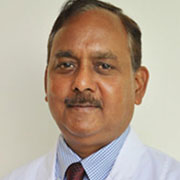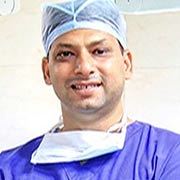What are the treatments for Erectile Dysfunction in India?
The method to treat Erectile Dysfunction is determined by the doctor after analyzing the cause and severity of erectile dysfunction. The choice of treatment option also depends on the presence of any underlying health conditions. The preferences of your partner along with yours might also be considered before opting for treatment.
Generally, a step-by-step approach is followed for the treatment of erectile dysfunction problems. Mostly, less invasive methods are used first and then other modalities are considered depending on the progress or worsening of the condition.
The doctor explains all the risks and benefits associated with each treatment. It is important that you feel comfortable with your choice of treatment.
The treatment options for erectile dysfunction include:
- Oral medications
- Psychological therapy (Sex therapy)
- Penile injections
- Intraurethral medication
- Mechanical devices (vacuum or pumps)
- Surgery for penile implant
Non-invasive methods:
Oral medications for ED:
The doctor prescribes medications to help manage the symptoms of ED. For many patients, several medications are tried before finding one that works the best. These medications may have certain side effects. In case you experience unpleasant side effects from a particular medicine, the doctor may recommend some different medications to help you.
Important things to know about these medications:
- These medications work by enhancing the effects of nitric oxide, a natural chemical produced by the body to relax the muscles in the penis.
- This increases the blood flow to the penis and produces an erection in response to sexual stimulation.
- These are also known as PDE-5 inhibitors.
- For an effective result, sexual stimulation is necessary as it initially causes the release of nitric oxide from the penile nerves, which is then amplified by the medication.
- ED medications are not aphrodisiacs and will not cause sexual excitement.
- The dosage of the medications may vary depending on the individual’s case, their working hours and side effects.
- These drugs can be dangerous to health for people who take medicines containing nitrates for heart diseases.
Certain alpha-blockers are also not to be taken with these medicines as these are used to lower blood pressure (used to treat an enlarged prostate gland) This can increase the risk of a critical drop in blood pressure. Possible side effects of these medications include:
- Flushing or reddening of the skin
- Nasal congestion
- Headache
- Temporary optical (vision) problem
- Back pain
- Gastrointestinal symptoms
Mechanical devices: Penis pumps
Devices such as penis pump (vacuum erection device) or penile constriction rings can serve as aids for erection for some men.
- A penile pump is a hollow cylindrical tube with a pump powered by a hand or a battery. The tube is placed over the penis, and the air is pumped out of the tube.
- This creates a vacuum that draws blood into the penis and causes an erection. After this, a tension ring is placed around the base of the penis to hold in the blood and maintain firmness.
- The vacuum device is then removed.
- The band can typically stay at the base for 30 minutes, long enough for a couple to have sex.
Possible side effects:
Some of the concerns with this method include bruising of the penis, restriction of ejaculation due to the band, discomfort, or lack of spontaneity.
Penile injection therapy
- This is also known as intracavernosal injection therapy.
- This therapy is an effective treatment method for ED caused due to blood vessel, nerve, and psychological conditions.
- For this, men can inject medications directly into the side of the penis to produce an erection.
- The most commonly used medicines are prostaglandin E1, papaverine, and others.
- These drugs work by relaxing the blood vessels, which allows blood flow into the penis.
Possible side effects:
Pain and penile scarring (fibrosis) are the most common side effects of injection therapy. In some rare cases, men with cerebral and vascular disease or serious heart disease may not be able to tolerate the dizziness and high blood pressure that can be occasionally caused by injection therapy.
A condition called priapism, in which a painful erection lasts longer than two to three hours, may occur due to this therapy. This can be managed with proper dosage administration and by carefully following the treatment guidelines.
Psychological counseling
When erectile dysfunction is caused clearly by psychological issues, such as stress, anxiety, or depression, a visit to a psychologist or counselor is recommended. This is also suggested if your ED is creating stress and relationship problems.
Hormone therapy
Sometimes, low levels of the male hormone, also play a role in causing ED. Hormone replacement therapy can be done using topical gels, creams, patches, injections, and pellets.
Alternative medicine
In cases where stress is related to the erectile problem, activities such as specific exercises, yoga, acupuncture, or massage can help in relaxing and improving the condition.
Surgical intervention
Penile implants
A penile prosthesis is surgically implanted into the penis. These prosthetic implants can be either inflatable or malleable rods. The implants allow a man to have an erection whenever he desires while preserving the sensation, orgasm as well as ejaculation in most cases.
The inflatable devices are more commonly used for penile implants these days. These devices contain a pair of inflatable cylinders that are placed in the erection chambers during an operation with a fluid reservoir and a pump in the scrotal sac.
To obtain an erection, the man compresses the pump to transfer the fluid from the reservoir to implanted cylinders. This allows men to have an erection very similar to the natural one and the implant is hardly noticeable externally. A deflation valve that is attached to the pump is pressed to return the penis to a flaccid state by channeling the fluid back to the reservoir.
As with any surgery, there is a risk of complications with penile implant surgery. However, complications after penile implant surgery are not common, and mostly include infection and device failure.
It is estimated that about 95% of penile implant surgeries result in producing satisfactory erections in men. The success and patient satisfaction rate for the penile implant is higher than that for treatment with medication or a penile injection.
Know more details about Penile Implant Surgery in India.
